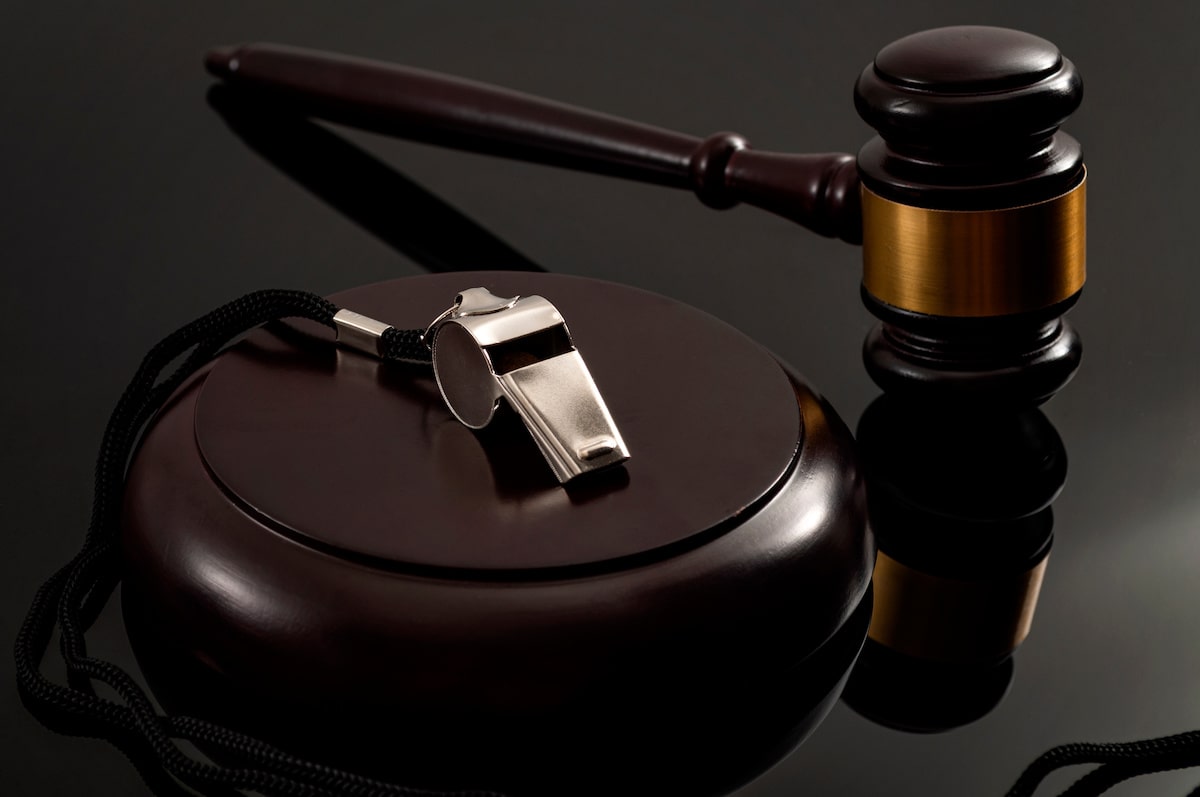What is better than one smart judge telling attorneys what to do? How about a three-judge panel at the same time? Superstorm Sandy policyholders got a great discovery ruling in New York yesterday from Magistrate Judges Cheryl Pollak, Gary Brown, and Ramon Reyes, that should be something courts do in all insurance controversies—require honest and full disclosure about human opinions of loss and damage, including changes which could be in good faith or in bad faith. From my perspective as a policyholder with an optimistic view that the law should seek truth and justice over gamesmanship, this ruling is a blessing for policyholders and insurance companies acting honestly and in good faith.
Merlin Law Group’s Javier Delgado was the lone policyholder liaison counsel that showed up in person to combat a bunch of clever Superstorm Sandy insurance company attorneys on this discovery issue. Here I am with Javier at our firm retreat at the Ritz-Carlton in Sarasota on Friday night:
You will have to go to my Facebook to see us on Saturday night—we had an 80’s party and yours truly got a little carried away with that Rocker look.
Getting back to the post, these opposing insurance counsel all showed up in Court—why not show up and bill big as a group rather than send a few of the best and save your clients some money? Maybe they thought that by having strength in numbers, the judges would feel….who knows why insurance company attorneys do what they do?
I am not the only person wondering how the insurance defense bar is billing their clients on this issue. The three judge panel considering this issue noted:
Despite the barrage of filings by defendants in these cases. . . .It is notable that in the course of preparing and filing hundreds of applications—all at taxpayer expense—attorneys for the WYO defendants seemingly failed to read the first Case Management Order in this case, which explicitly required the production of, among other things, draft reports.
I wonder if my friends of the insurance company bar will go back and not charge legal fees for failing to read the first Case Management Order?
In my thirty-two years of doing this line of work, I have never seen judges suggestively repeating a problem about insurance company attorneys running amok battling policyholders. The WYO ultimate boss in Washington, DC has caught on to this problem that WYO flood insurance lawyers are waging legal war with no budget concerns because FEMA will pay their bill rather than their WYO clients.
FEMA director Craig Fugate wrote a letter last Friday where he indicated that there were excessive legal fees and quoted Judge Brown about "reprehensible gamesmanship." In FEMA’s Fugate Calls for Transparency, Good Faith Treatment to Policyholders and Investigation of Excessive Litigation Costs Regarding Sandy Flood Claims, I quoted Fugate:
Unnecessary litigation tactics or failure to resolve litigation in a timely manner could result in excessive legal fees and costs which arc ultimately reimbursed from the National flood Insurance Fund. Policyholders deserve to be paid for every dollar of their covered flood losses, and taxpayers deserve to expect good stewardship of tax dollars. FEMA has requested recommendations from the Department of Homeland Security Office of Inspector General on FEMA’s oversight of flood litigation. We will also take other necessary and prudent actions to ensure WYO companies and their attorneys are acting responsibly with the Program’s funds and are acting in good faith with respect to their duty to the courts and policyholders.
I have a suggestion:
Why don’t WYO carriers act like private insurers do at settlement of their own cases and use the "golden rule" rather than a made up rule about protecting the United States Treasury which seems to increase their attorney fees and experts costs?
I am not suggesting they pay non-meritorious claims. But the current "Catch 22" logic for non-payment seems to advance only the interest of vendors and attorneys of the WYO’s. Treating every case like it was worth a million dollars when they are not increases the cost of justice and prevents relatively small amounts owed from ever getting paid because it simply costs too much to obtain justice. Policyholders and the system of insurance lose—even if the policyholder eventually wins. Eventually, people will understand the wisdom of these smart judges that are asking us to read and play fairly between the lines—and that goes for policyholders as well.
Positive Thought for the Day:
"If you don’t go after what you want, you’ll never have it. If you don’t ask, the answer is always no. If you don’t step forward, you’re always in the same place."
– Nora Roberts
And, given Craig Fugates’s letter calling for an investigation of WYO’s litigation tactics and costs, Tom Petty’s Change of Heart seems appropriate:




